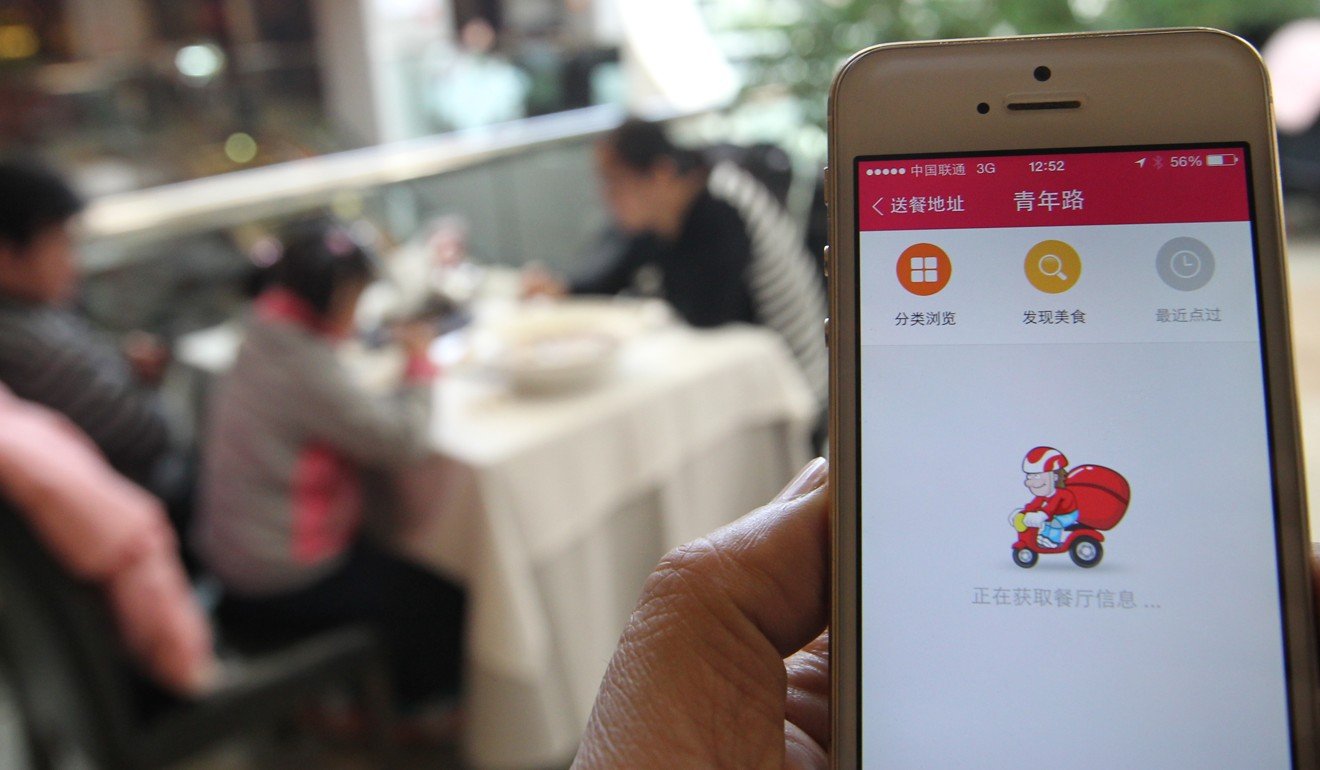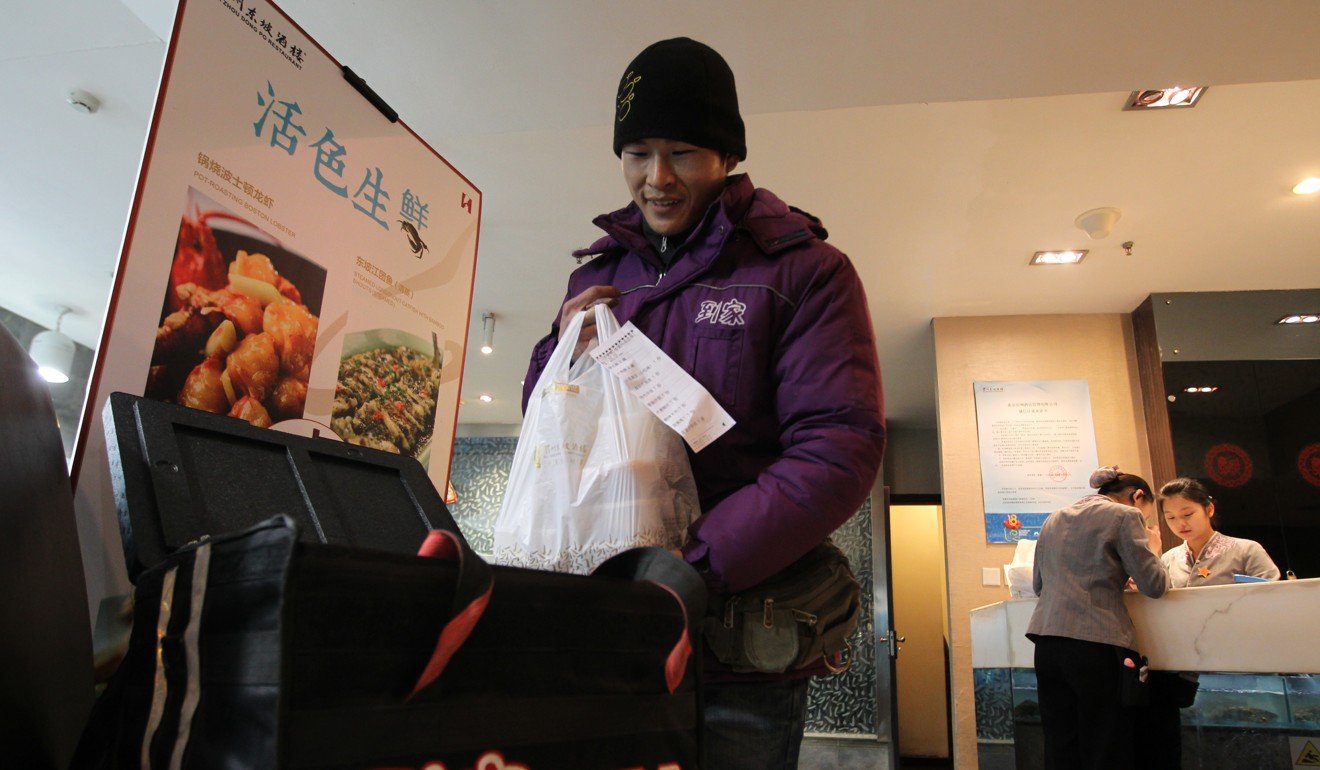
New | Yum China buying controlling stake in home delivery service Daojia
Yum hopes the takeover will help Daojia expand delivery services for its massive network of 7,663 KFC and Pizza Hut outlets
Yum China Holdings, the operator of KFC and Pizza Hut restaurant chains across the country, is buying a controlling stake in food delivery service provider Daojia, as it looks to boost sales by better serving customers who chose to eat at home.
No figures were released by either side, but the transaction is expected to close this May, said Yum.
Reuters reported in November, citing sources, that Yum China was in talk to buy Daojia for up to US$200 million.
Daojia (到家), which also operates Sherpas food delivery services, was founded in 2010 and focuses on higher value food orders in major cities in China including Beijing, Shanghai, Guangzhou and Shenzhen.

The move is in line with Yum China’s strategy to accelerate growth through digital and delivery. Deliveries accounted for around 12 per cent of Yum China’s sales in the first quarter of this year.
“Digital and delivery are long-term strategic drivers of our business, and I am pleased to build on our technological know-how and capabilities in this high growth area,” said Micky Pant, CEO of Yum China on Tuesday.
Food delivery is a fiercely fought battleground in China, with China’s top three internet giants, Alibaba Group Holding, Tencent Holdings and Baidu, already jostling for market share in the sector.
Statistics from BigData-Research show that transaction values of China’s food delivery market have already reached 176 billion yuan (US$25.5 billion) in 2016, with delivery firms backed by the three internet giants capturing a dominant 86.6 per cent of the market.
“Most food delivery firms haven’t made a profit yet,” said Lu Zhenwang, the founder of Shanghai Wanqing Commerce Consulting.
“They largely rely on offering subsidies, and continue what has become a cash-burning fight, hoping that one day Chinese consumers will be ready to pay full price for the services.

“This fierce competition means Yum China needs strong alliances to expand its delivery offering and cash-thirsty Daojia needs financial support to continue its business,” he added.
Daojia has completed four rounds of financing totaling US$69.5 million, according to mainland media. Its latest round was in September 2014, led by Chinese e-commerce major JD.com.
Yum China has one of the largest restaurant delivery networks in China, with over 4,400 of its 7,663 restaurants offering delivery services, as of the end of first quarter of 2017.
In April, the company reported better-than-expected first quarter earnings with revenue reaching US$1.28 billion, compared with analysts’ estimation of US$1.27 billion.
Sales at stores open for at least one year jumped 1 per cent, stronger than the expectation for a decline by 0.7 per cent.

